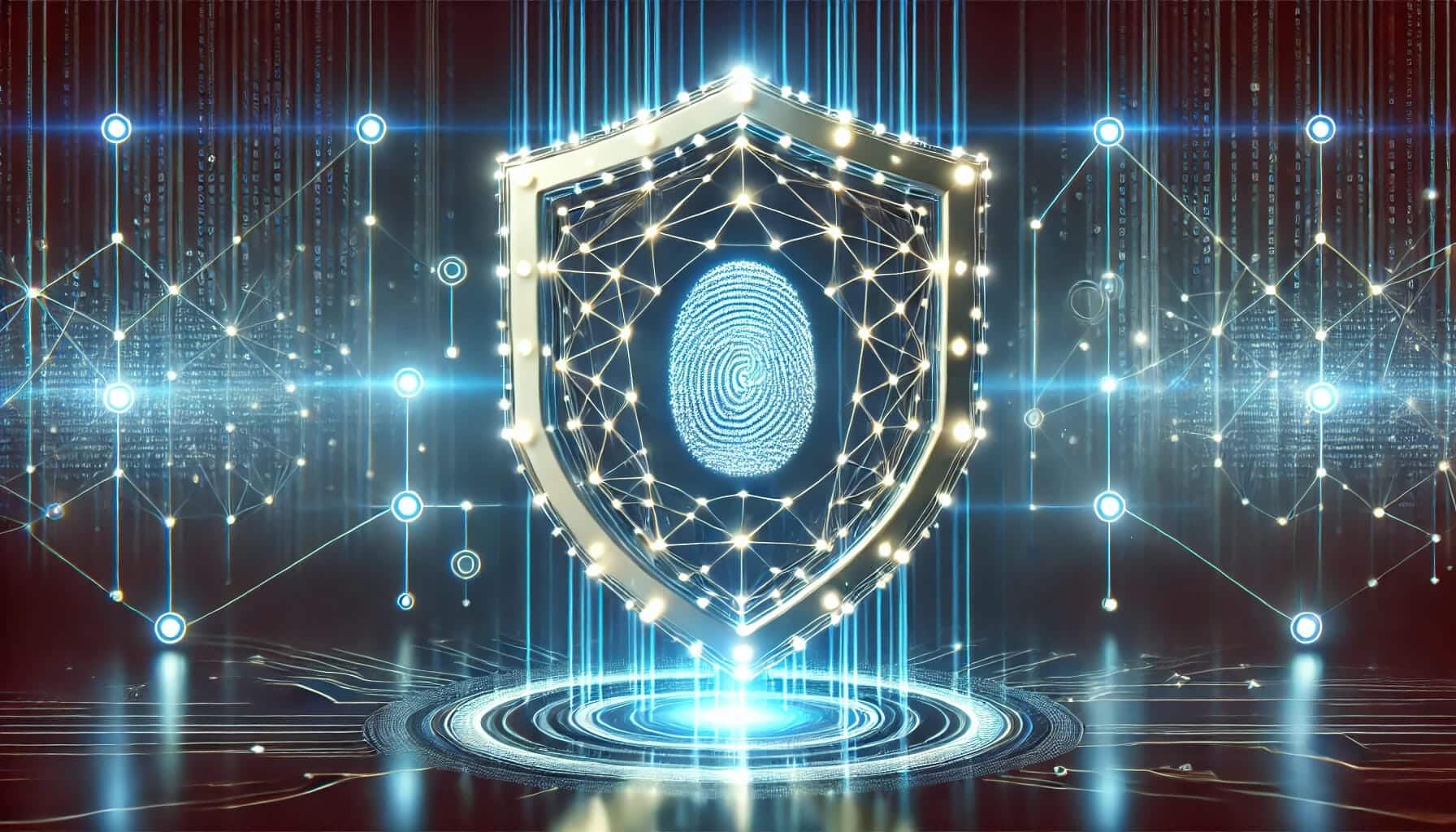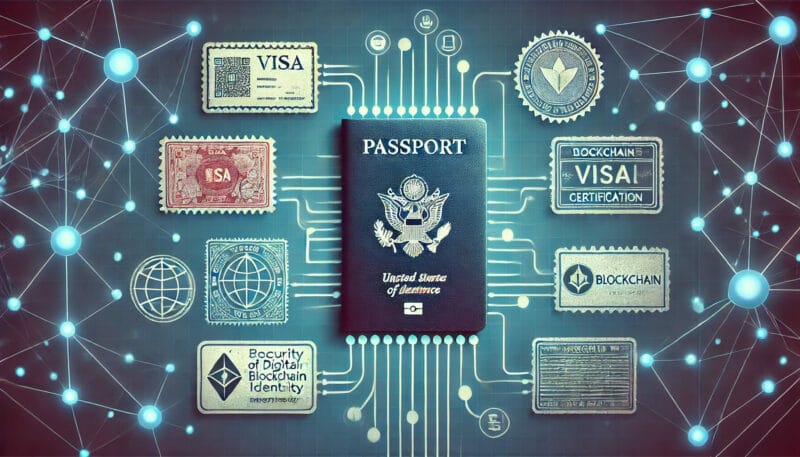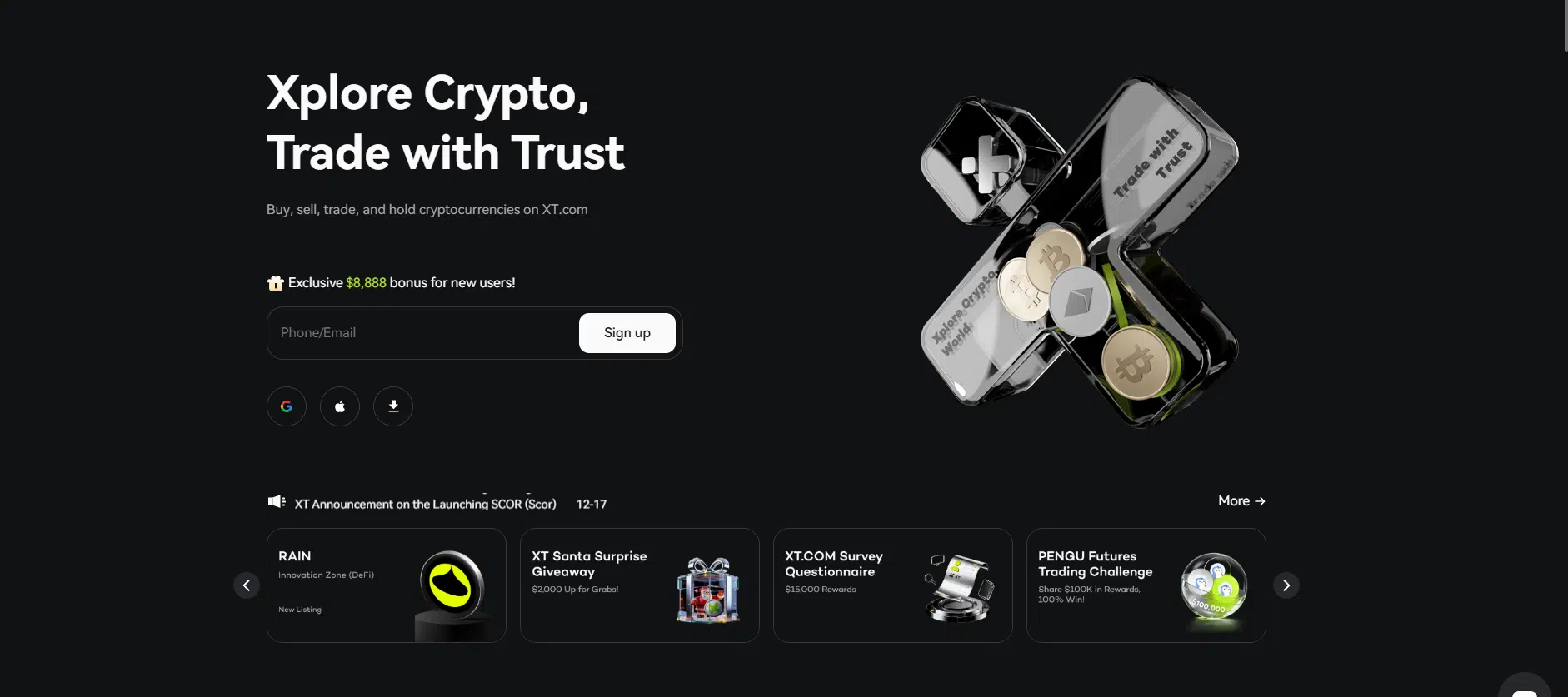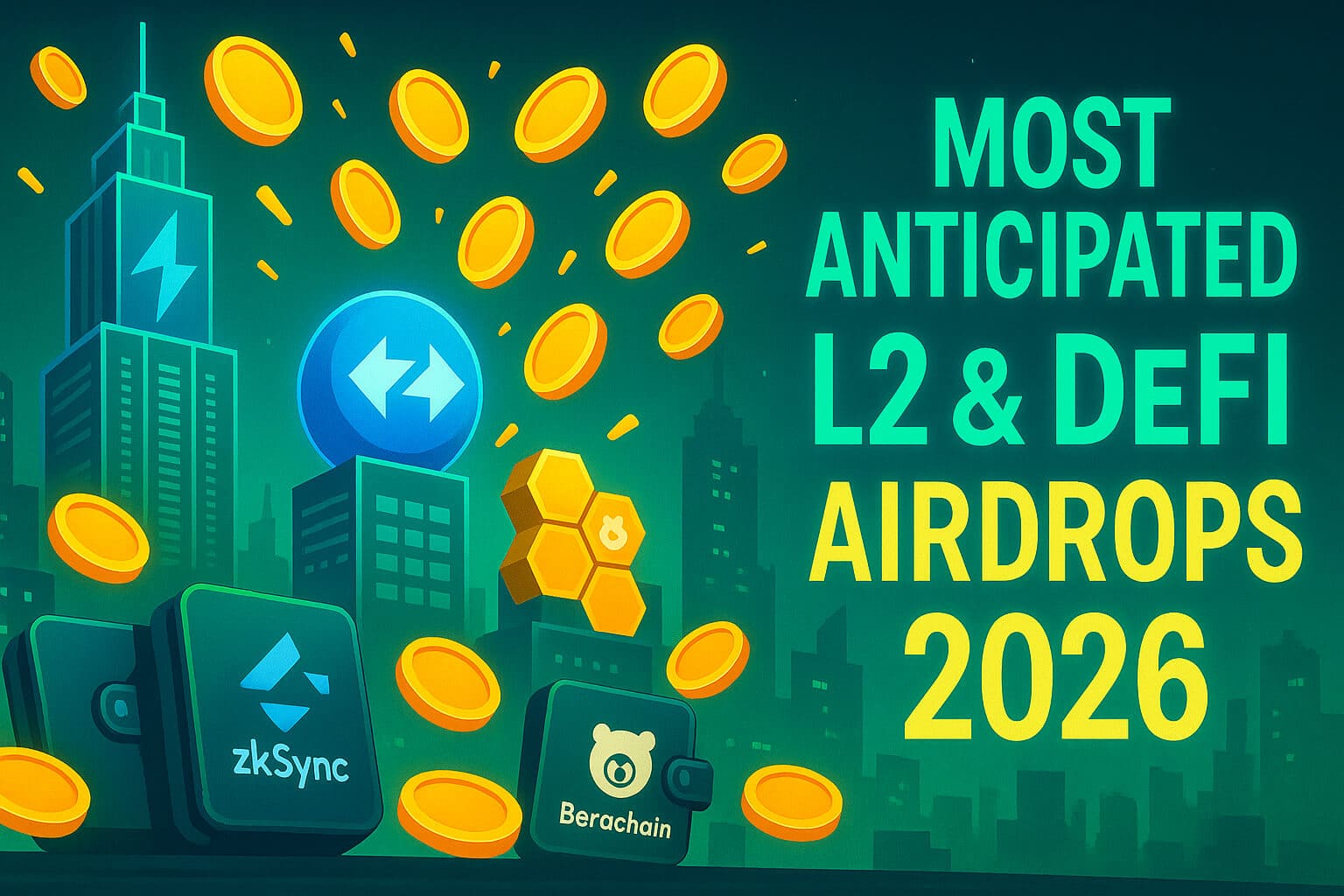1. Introduction: The Need for Decentralized Identity Solutions
In today’s digital age, managing identities has become more critical than ever. Traditional identity systems, which rely on centralized databases managed by governments, corporations, or institutions, present significant risks. These centralized systems remain vulnerable to data breaches, identity theft, and unauthorized access, compromising the privacy and security of individuals. However, blockchain technology offers a transformative solution by enabling decentralized identity solutions. Decentralized identity shifts control of personal data from centralized authorities to individuals, ensuring greater security, privacy, and autonomy. This article explores how blockchain technology enables decentralized identity solutions, their benefits, challenges, and potential impact on the future of digital identity management.
Why Decentralized Identity Matters:
Decentralized identity empowers individuals to control their personal data, reducing reliance on centralized systems and enhancing security, privacy, and trust in digital interactions.
2. How Blockchain Technology Enables Decentralized Identity Solutions
2.1 What is Decentralized Identity?
Decentralized identity allows individuals to control their digital identities without relying on a central authority. Instead of storing identity data in a centralized database, decentralized identity solutions use blockchain technology to create a secure, tamper-proof system for managing digital identities. Each individual’s identity is represented by a decentralized identifier (DID), a unique string of characters registered on a blockchain. DIDs enable individuals to manage their identity credentials and share them with service providers without revealing unnecessary personal information.
- Decentralized Identifier (DID):
- Unique and Secure: A DID is a unique identifier registered on the blockchain, which remains cryptographically secure and cannot be altered or forged.
- User Control: Individuals retain complete control over their DIDs and choose what information to share with service providers.
2.2 Blockchain’s Role in Decentralized Identity
Blockchain technology plays a central role in enabling decentralized identity by providing a secure and immutable ledger for storing and verifying identity data. Blockchain’s decentralized nature eliminates the need for a central authority, which reduces the risks associated with centralized identity systems. Additionally, blockchain’s transparency and cryptographic security ensure that identity data remains secure, verifiable, and tamper-proof.
- Blockchain Benefits for Identity:
- Immutability: Identity data stored on the blockchain cannot be altered or deleted, ensuring data integrity and trust.
- Decentralization: By eliminating central points of control, blockchain reduces the risk of data breaches and unauthorized access.
- Transparency: Blockchain provides a transparent and auditable record of identity transactions, which enhances trust in the system.
2.3 Verifiable Credentials and Self-Sovereign Identity
Verifiable credentials play a key role in decentralized identity. These digital certificates prove certain attributes about an individual (e.g., age, nationality, or professional qualifications). Trusted entities (e.g., governments, educational institutions) issue these credentials, which are cryptographically signed to ensure their authenticity. Individuals store these credentials in a digital wallet and can share them with service providers without revealing unnecessary personal information. This concept is known as self-sovereign identity (SSI), where individuals maintain full control over their identity data.
- Verifiable Credentials:
- Trust and Authenticity: Trusted entities issue verifiable credentials, ensuring they are genuine through cryptographic signatures.
- Selective Disclosure: Individuals decide to share only specific credentials with service providers, protecting their privacy.
- Self-Sovereign Identity (SSI): SSI empowers individuals to manage their digital identities independently, without relying on centralized authorities.
3. Benefits of Decentralized Identity Solutions

3.1 Enhanced Security and Privacy
Decentralized identity solutions offer significant security and privacy advantages. Traditional identity systems remain vulnerable to data breaches, where hackers can access large amounts of personal information from centralized databases. Decentralized identity solutions, on the other hand, store identity data on a blockchain, which is highly secure and resistant to tampering. Moreover, individuals control their identity data, deciding what information to share and with whom, which reduces the risk of unauthorized access.
- Security and Privacy Benefits:
- Reduced Risk of Data Breaches: Blockchain’s decentralized nature makes it difficult for hackers to compromise large amounts of data.
- User Control: Individuals decide what personal information to share, which minimizes the risk of identity theft and unauthorized access.
- Data Encryption: Identity data stored on the blockchain is encrypted, which ensures that only authorized parties can access it.
3.2 Greater Control and Autonomy
Decentralized identity solutions empower individuals by giving them greater control and autonomy over their personal data. In traditional identity systems, individuals have limited control over how their data is used and who can access it. Decentralized identity shifts this control to individuals, allowing them to manage their identity credentials, decide who can access their data, and revoke access at any time. This greater control and autonomy build trust between individuals and service providers, which leads to more secure and transparent digital interactions.
- Control and Autonomy Benefits:
- User Empowerment: Individuals maintain full control over their identity data and can manage their credentials independently.
- Data Revocation: Users can revoke access to their data at any time, ensuring that service providers cannot misuse their information.
- Trust and Transparency: Decentralized identity fosters trust by providing individuals with greater control over their digital interactions.
3.3 Improved Access to Services
Decentralized identity solutions improve access to services for individuals who may lack traditional identity documentation. In many parts of the world, individuals cannot access essential services, such as banking or healthcare, due to a lack of formal identity documents. Decentralized identity allows individuals to create and manage their digital identities, enabling them to access services that were previously unavailable. This improved access can lead to greater financial inclusion, better healthcare outcomes, and more equitable access to services.
- Access Benefits:
- Inclusion for the Undocumented: Decentralized identity provides a way for individuals without traditional identity documents to access essential services.
- Financial Inclusion: Individuals can use their decentralized identities to access banking and financial services, which promotes greater financial inclusion.
- Healthcare Access: Decentralized identity can improve access to healthcare services by providing a secure and verifiable way to share medical information.
4. Challenges and Considerations for Decentralized Identity Solutions
4.1 Interoperability and Standards
Implementing decentralized identity solutions requires ensuring interoperability between different systems and platforms. Currently, various blockchain platforms and decentralized identity solutions exist, but they may not be compatible with one another. Establishing industry standards and protocols is essential to ensure that decentralized identities can be used across different platforms and services seamlessly.
- Interoperability Challenges:
- Diverse Platforms: Different blockchain platforms may not be compatible with one another, which creates barriers to interoperability.
- Standardization Needs: Industry standards and protocols are necessary to ensure seamless integration and interoperability of decentralized identities.
- Collaboration: Collaboration between stakeholders, including governments, tech companies, and standards organizations, remains essential to achieve interoperability.
4.2 Adoption and Awareness
While decentralized identity solutions offer significant benefits, their adoption remains in its early stages. Many individuals, businesses, and governments remain unfamiliar with the concept of decentralized identity and may hesitate to adopt it. Raising awareness about the benefits and potential of decentralized identity, as well as providing education and training, is crucial for driving adoption.
- Adoption Challenges:
- Lack of Awareness: Many potential users are unaware of the benefits and potential of decentralized identity solutions.
- Education and Training: Providing education and training is essential to help individuals and organizations understand and adopt decentralized identity.
- Early-Stage Adoption: As with any emerging technology, decentralized identity remains in its early stages, and widespread adoption will take time.
4.3 Regulatory and Legal Considerations
The regulatory and legal landscape for decentralized identity continues to evolve, which presents challenges for its widespread adoption. Different countries have different regulations regarding data privacy, identity management, and blockchain technology, which can create legal uncertainties for individuals and organizations. Ensuring compliance with local laws and regulations remains essential for the successful implementation of decentralized identity solutions.
- Regulatory Challenges:
- Varying Regulations: Different countries have different laws and regulations governing decentralized identity and blockchain technology.
- Legal Uncertainty: The evolving nature of decentralized identity regulations creates legal uncertainties for individuals and organizations.
- Compliance Needs: Ensuring compliance with local laws and regulations remains essential for the successful implementation of decentralized identity solutions.
5. The Future of Decentralized Identity Solutions
5.1 Growing Adoption and Industry Support
As awareness of decentralized identity solutions grows and more organizations and governments recognize their potential, we can expect to see greater adoption and support for decentralized identity. Industry collaborations, government initiatives, and the development of standards and protocols will play a crucial role in driving adoption and ensuring the success of decentralized identity solutions.
- Adoption Trends:
- Industry Collaboration: Partnerships between tech companies, governments, and standards organizations will drive the adoption of decentralized identity.
- Government Initiatives: Governments may explore the use of decentralized identity solutions for public services and digital identity management.
- Widespread Support: As more organizations recognize the benefits of decentralized identity, industry support and adoption will grow.
5.2 Integration with Emerging Technologies
The potential of decentralized identity will be further amplified by its integration with other emerging technologies, such as artificial intelligence (AI), the Internet of Things (IoT), and biometric authentication. These technologies can enhance the security, functionality, and user experience of decentralized identity solutions, which makes them more robust and accessible.
- Technology Integration:
- AI and Decentralized Identity: AI can enhance identity verification and fraud detection in decentralized identity systems.
- IoT and Identity Management: Decentralized identity can be integrated with IoT devices to provide secure and verifiable access to connected services.
- Biometric Authentication: Biometric technologies can be used to enhance the security and user experience of decentralized identity solutions.
Conclusion: Decentralized Identity as the Future of Digital Identity Management
Decentralized identity solutions enabled by blockchain technology are poised to revolutionize digital identity management by offering enhanced security, privacy, and control over personal data. While challenges such as interoperability, adoption, and regulatory considerations remain, the benefits of decentralized identity are too significant to ignore. As the technology matures and gains wider support, decentralized identity could become the standard for digital identity management, empowering individuals and creating a more secure and equitable digital world.
For more insights and detailed analysis on how blockchain is transforming digital identity, explore our Blockchain and Identity Management section.
Stay Updated
For the latest updates on decentralized identity solutions and blockchain technology, follow us on:
Stay informed with the latest strategies and insights in the world of blockchain at FreeCoins24.io.
Special Offer
Looking to explore decentralized identity solutions with blockchain? Sign up on Bybit today and take advantage of up to $30,000 in deposit bonuses. Start securing your digital identity with blockchain technology.

















